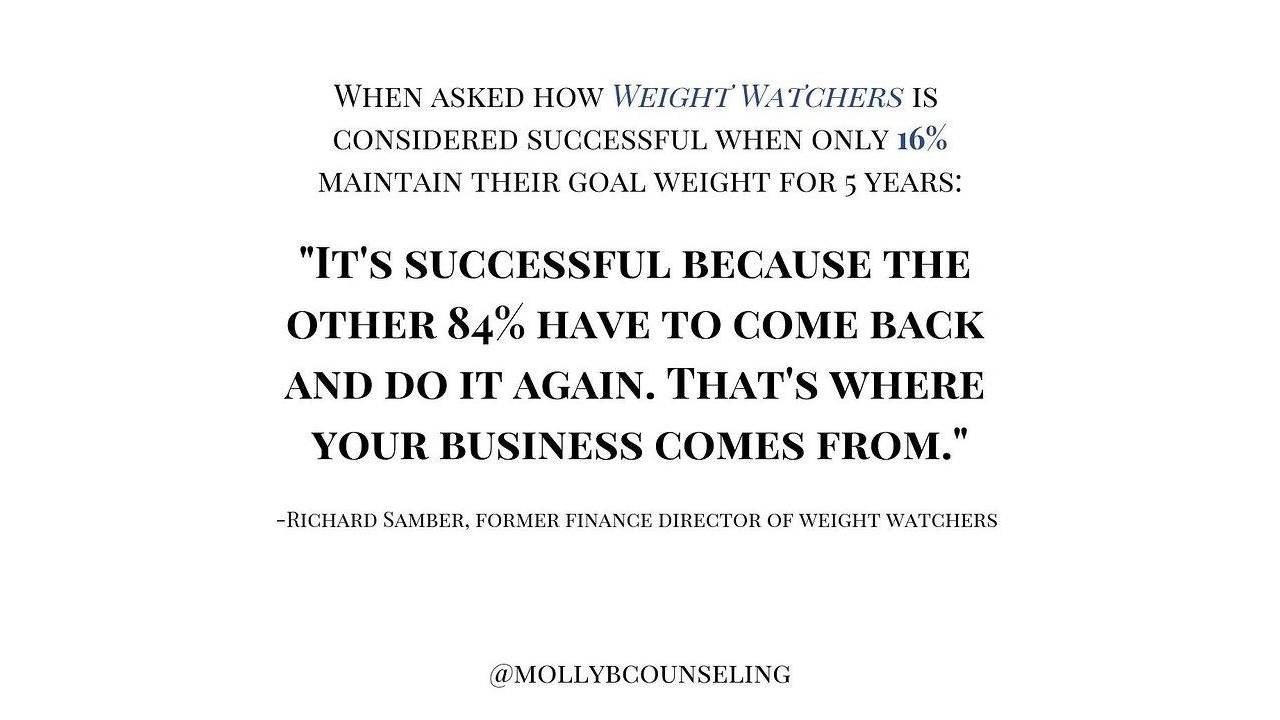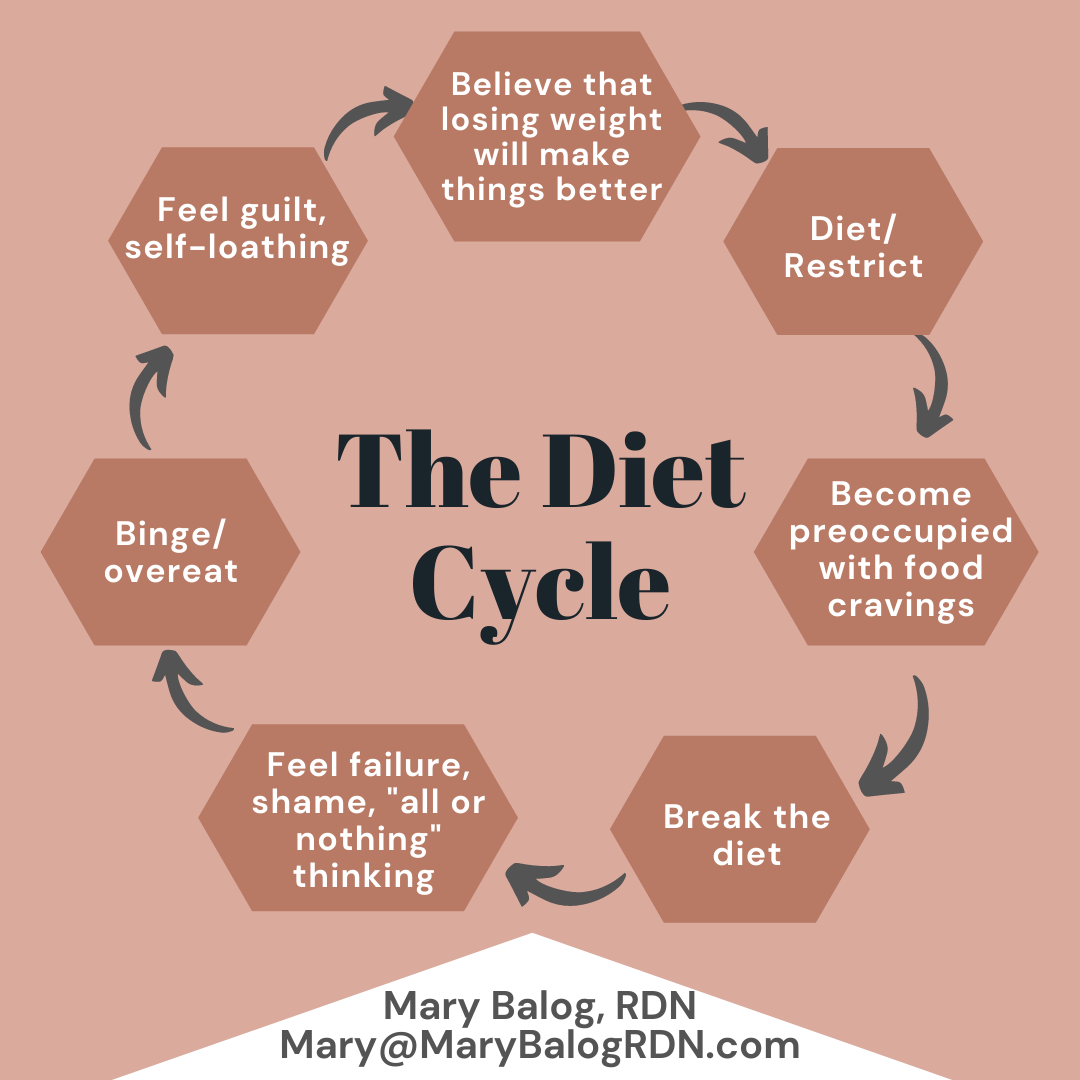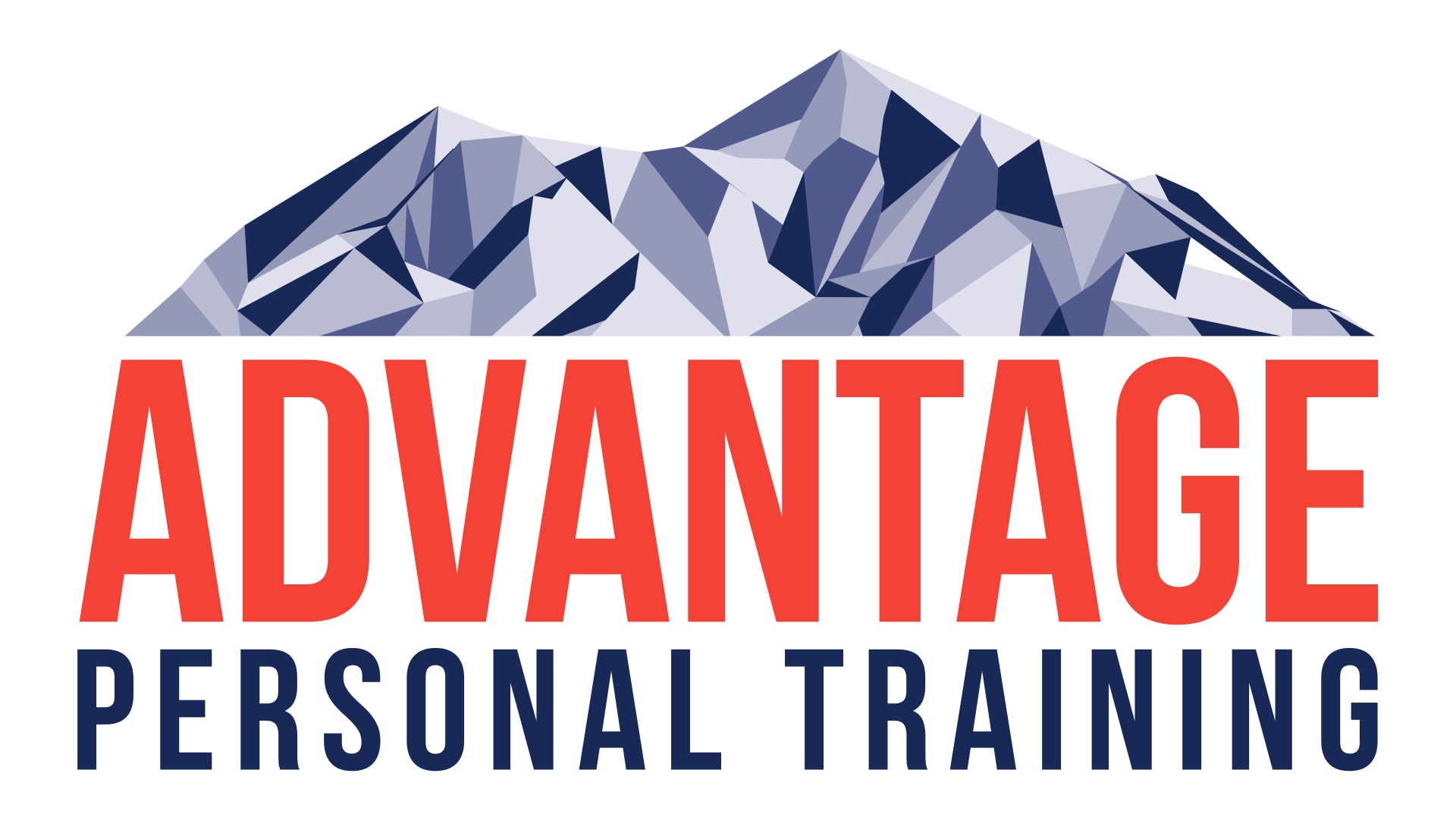Welcome to Advantage Strength & Conditioning
Hello all, and welcome to Advantage Strength and Conditioning, Ann Arbor’s newest athlete training facility. Thank you all for your interest. We want to use this opportunity to introduce ourselves and explain a bit about our training philosophy and goals for our clients.
ASC is owned and operated by Brian Sipotz and David Rohlfs. David is a native of Novi and a graduate of the University of Michigan where he played 4 years of varsity hockey for the Wolverines. He was drafted by the Edmonton Oilers in 2002, and went on to play 4 years of professional hockey before settling down with his family in the Ann Arbor area.
Brian is a Certified Strength and Conditioning Specialist, and a graduate of Culver Military Academy and Miami University. At Miami, he played 4 years of NCAA hockey and graduated with a bachelor’s degree in exercise science. Brian was drafted by the Atlanta Thrashers in 2001 and went on to play 7 years of professional hockey, 6 of which were played in the Atlanta organization. Together, David and Brian bring 20 years of experience in elite athletics to Advantage, and aim to use that experience to coach local athletes to healthy and successful careers in their sport.
The Advantage training process is broken down into several phases. The first phase is called the “base” phase . In this first step, we evaluate each athlete so we know where to start with each. We use that assessment to begin building each athlete toward a higher level of general athletic ability so we can move into higher training intensities with stronger, more complete, and more well rounded athletes. This training base is essential because it allows us to move forward with athletes who have improved coordination, corrected muscle imbalances, learned proper exercise technique, and have increased levels of conditioning so their bodies are prepared to handle more intense, sport specific training. Some may already have this base, and some may take longer to get there depending on their age and training experience, but it is a necessary step in the progression.
The next phase in the process is the “performance enhancement” phase . Once athletes have demonstrated the physical and mental skills necessary to increase training loads, we will continue on to more intense sport specific training. This is where we will work towards individual goals and use protocols to enhance specific aspects of sport performance (power, strength, endurance, acceleration, etc.). In this phase, usually done in the off-season, training days increase to 3-4/week rather than 2/week in the base phase. The reason for this is once the body is used to a certain stimulus, that stimulus has to be increased again to continue to see improvement. Increasing training days is one way to get that effect.
A “maintenance” phase usually takes place in-season, and is used to ensure athletes do not lose the benefits they have worked so hard to gain. Working out in season sounds like it can overload an athlete, but when done properly, it helps to keep athletes feeling strong and energized throughout their season. A short “active detraining” phase will keep the essential energy systems working while letting the body get some rest post-season. For those who are moving immediately to other sports, the maintenance and active detraining phases can help maintain the solid base they worked toward when they started training, and help to keep them healthy for their next season.
Thanks for taking the time to learn about us. We are excited to start helping athletes perform at their highest potential. We hope you will stop in to our facility and introduce yourself.
Until then, be strong.
Brian Sipotz.




Advantage Personal Training is an Ann Arbor based Family Oriented Gym, focusing on the training needs of individuals, small groups and youth athletes. Meet with a results-oriented personal trainer and put yourself on the path to a more active life!
SERVICES
CONTACT INFORMATION
Hours of Operation
Mon to Fri: 6:00 AM - 8:30 PM
Sat: 8:30 AM - 12:30 PM
Sun: CLOSED
All Rights Reserved | Advantage Personal Training

